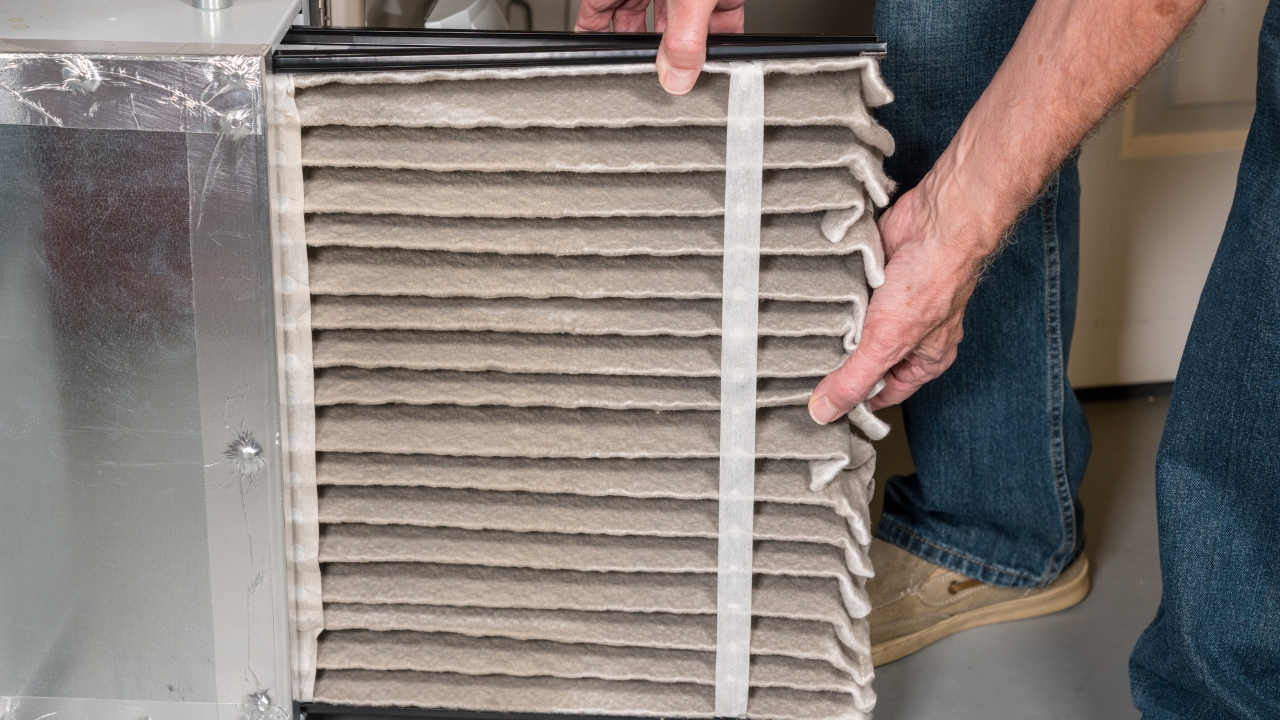10 Reasons Your House Smells Musty
Musty smells don’t come out of nowhere—they’re usually a sign that something’s lingering where it shouldn’t be. Moisture, poor airflow, and forgotten messes are often the root of it, and once that damp, stale scent settles in, it tends to stick.
The good news is, figuring out the source is half the battle. Once you know where the smell’s coming from, it’s a whole lot easier to clear the air. Here are some of the most common causes worth checking.
Wet Towels or Laundry

Letting damp towels or sweaty gym clothes pile up can sour the smell of an entire room, especially in closed spaces like bathrooms or laundry rooms. Even hanging them up in a cramped, humid spot without good airflow can lead to that funky, mildew-like smell.
Try to wash towels regularly and don’t let wet laundry sit in the machine. If the humidity’s high, crack a window or use a fan to keep the moisture from lingering.
Clogged HVAC or Dirty Filters
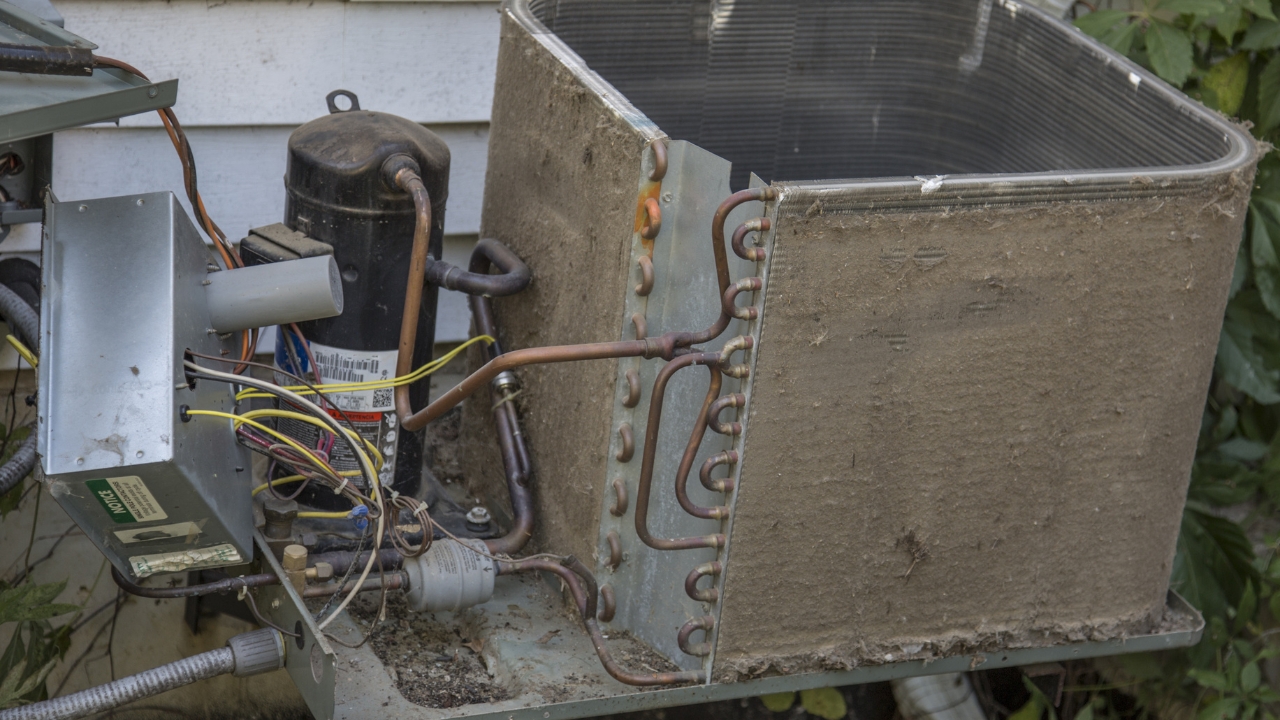
If your air smells off every time the AC or heat kicks on, your HVAC system could be circulating that musty scent. Dust, mold, and bacteria can build up inside the ducts or filters over time and keep recycling stale air through the house.
Changing your air filters every couple of months and having your system inspected once a year can make a big difference. If it’s been a while, it’s probably time to take a look.
Basement Moisture
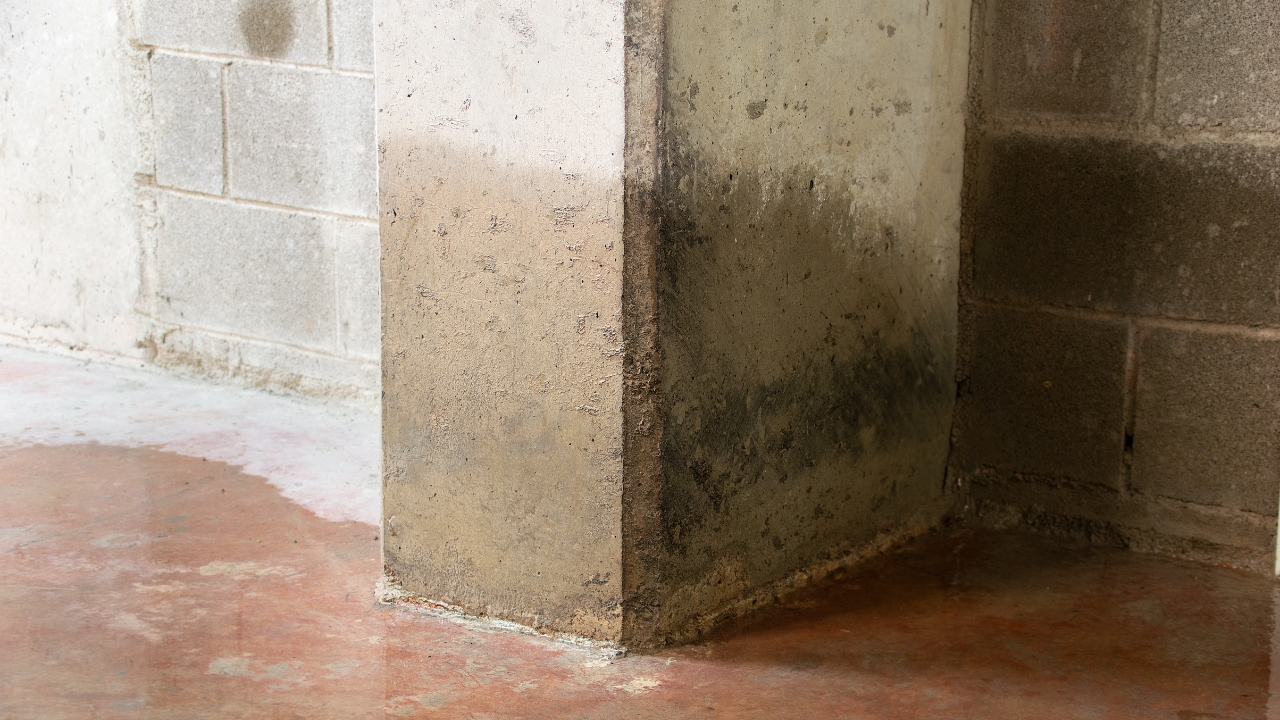
Basements are notorious for smelling musty. They’re below ground, often poorly ventilated, and tend to trap moisture. Even if you don’t see standing water, humidity alone can cause walls, floors, or storage boxes to hold onto a damp smell.
A dehumidifier can help manage the moisture, but you’ll want to check for any small leaks or foundation cracks too. Left alone, that smell won’t get better on its own.
Carpet or Rugs That Don’t Fully Dry

If you’ve cleaned your carpets or had a spill and they didn’t dry all the way through, they can hang onto moisture deep in the padding. That’s one of the quickest ways to lock in a musty odor that lingers for weeks.
Make sure you’re drying carpets thoroughly after cleaning—use fans, open windows, or a shop vac if needed. If it’s been a while, lifting up a corner to check for trapped moisture might not be a bad idea.
Old Books, Paper, or Cardboard

Stacks of books, newspapers, and cardboard boxes can soak up moisture over time—especially in storage areas. When that happens, they start to release that damp, stale smell even if everything around them is clean.
Decluttering helps, but it also pays to store paper goods off the floor and in dry areas. If you’re noticing a musty smell in a closet or spare room, this is a good place to start.
Leaky Pipes or Plumbing Drips
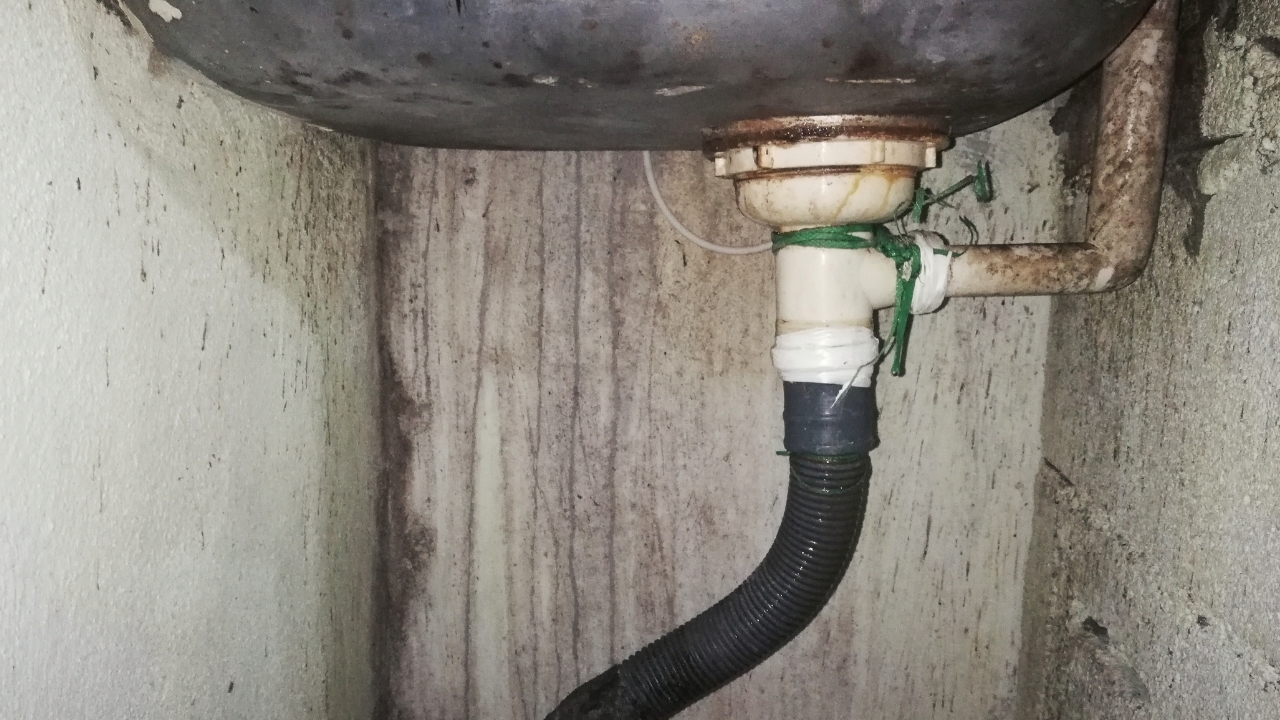
Small leaks under sinks or behind walls can create mold or mildew long before you notice any visual damage. Sometimes the only sign something’s wrong is the smell.
Open cabinets and check under sinks for dampness or soft spots. Even a slow drip can soak into wood or drywall and leave a sour smell behind. Catching it early can save you from bigger repair bills later on.
Poor Ventilation in Bathrooms
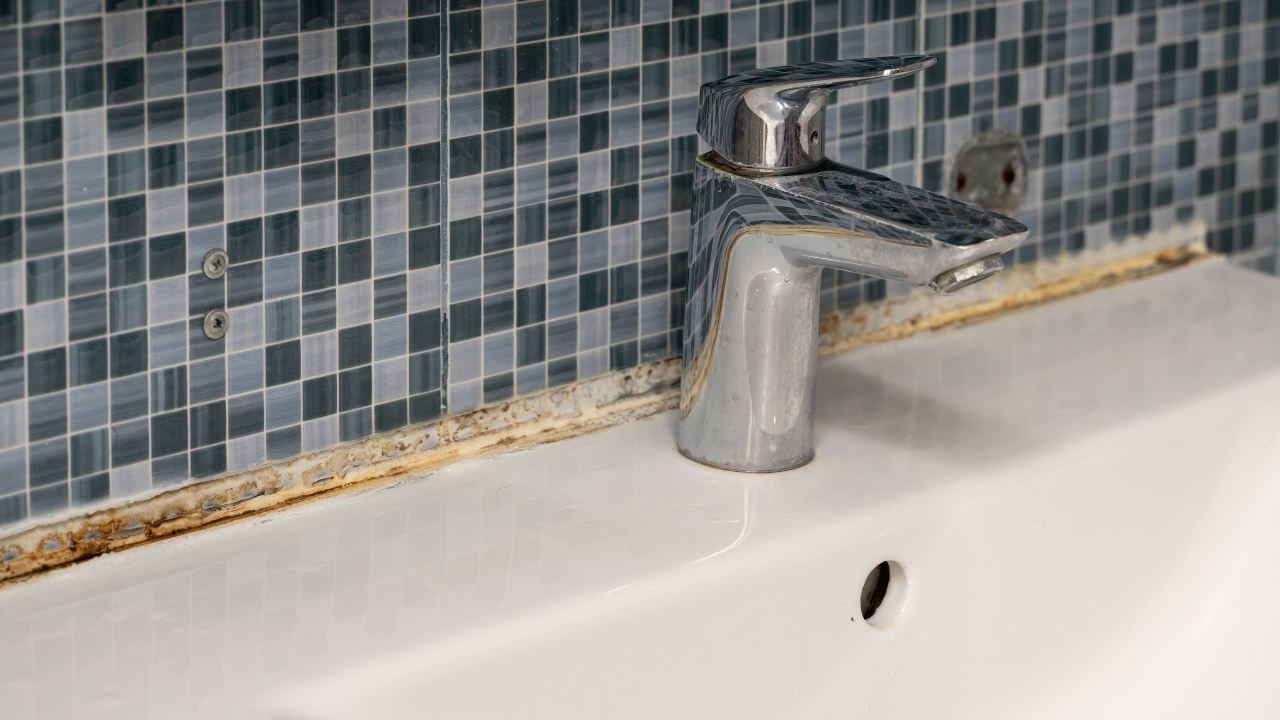
If your bathroom doesn’t have a fan or a window that gets opened regularly, that steam from showers has nowhere to go. Over time, it settles into walls, grout, and even the ceiling, leaving that humid, musty odor behind.
Run the exhaust fan every time you shower and leave the door open afterward to let the air clear out. If you don’t have a fan, a small dehumidifier or cracked window can help keep things fresh.
Forgotten Spills or Food Waste
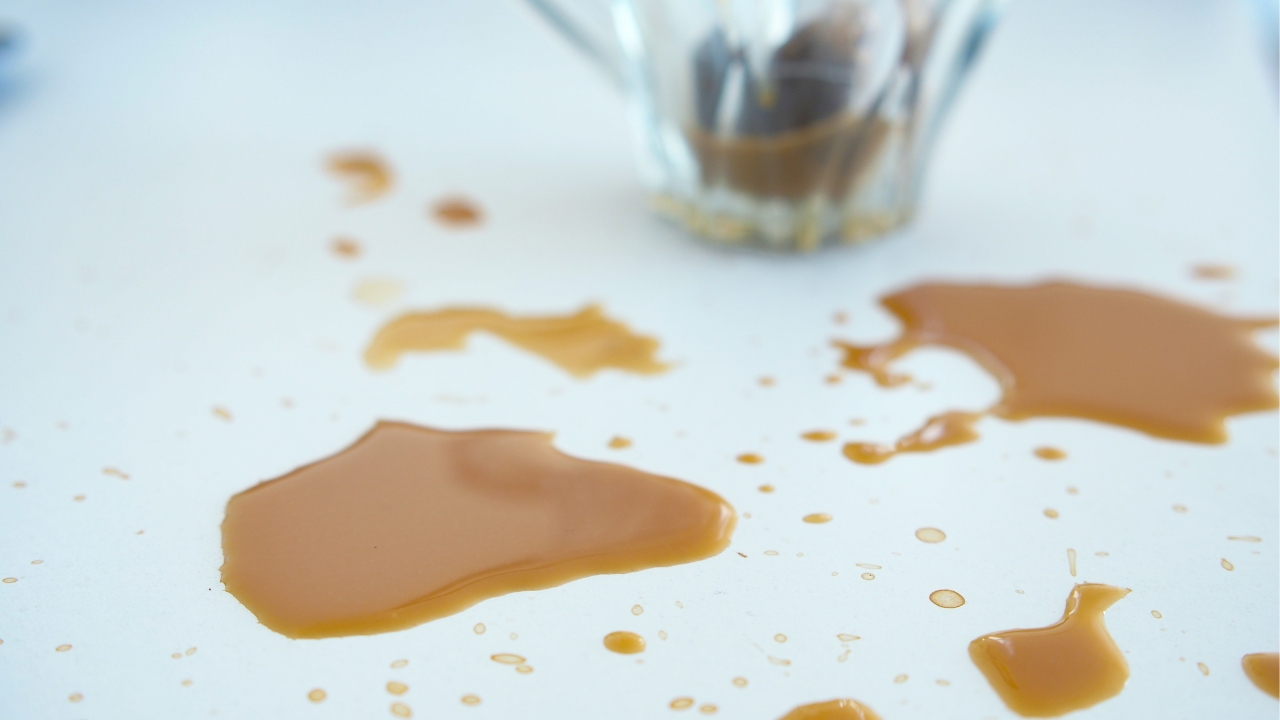
That weird smell might not be moisture—it could be something organic that’s long past its expiration. Crumbs under furniture, old food in the back of the fridge, or spills behind the stove can all rot slowly and put off a musty scent that’s hard to place.
If you’ve ruled out the usual suspects, it might be time to pull out furniture and check the dark corners. You’d be surprised what a rogue apple core or juice box can do.
Mold in the Walls or Ceiling
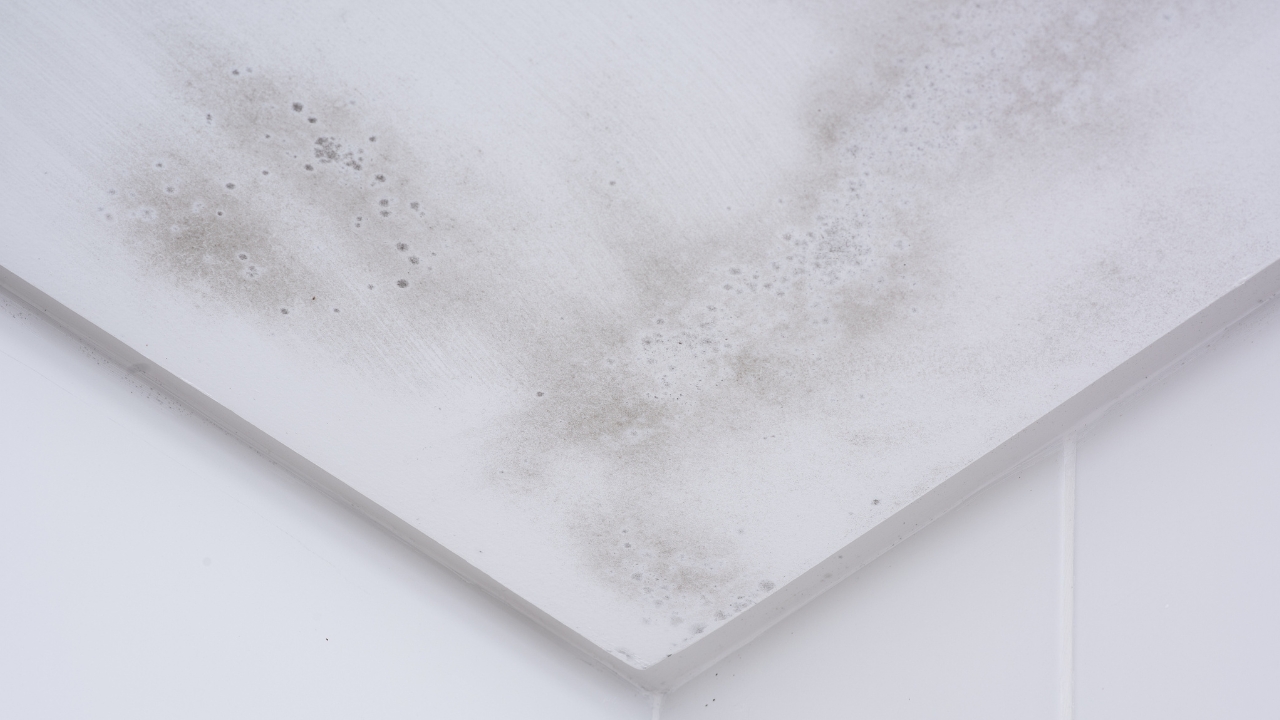
When the musty smell lingers no matter how much you clean, mold inside the walls could be to blame. Water damage, roof leaks, or plumbing issues that were never fully dried can lead to hidden mold growth that slowly stinks up the place.
If it smells stronger in one room or near a certain wall, it might be time to bring in a professional to check for mold. The sooner it’s handled, the easier it is to fix.
Clogged Drains
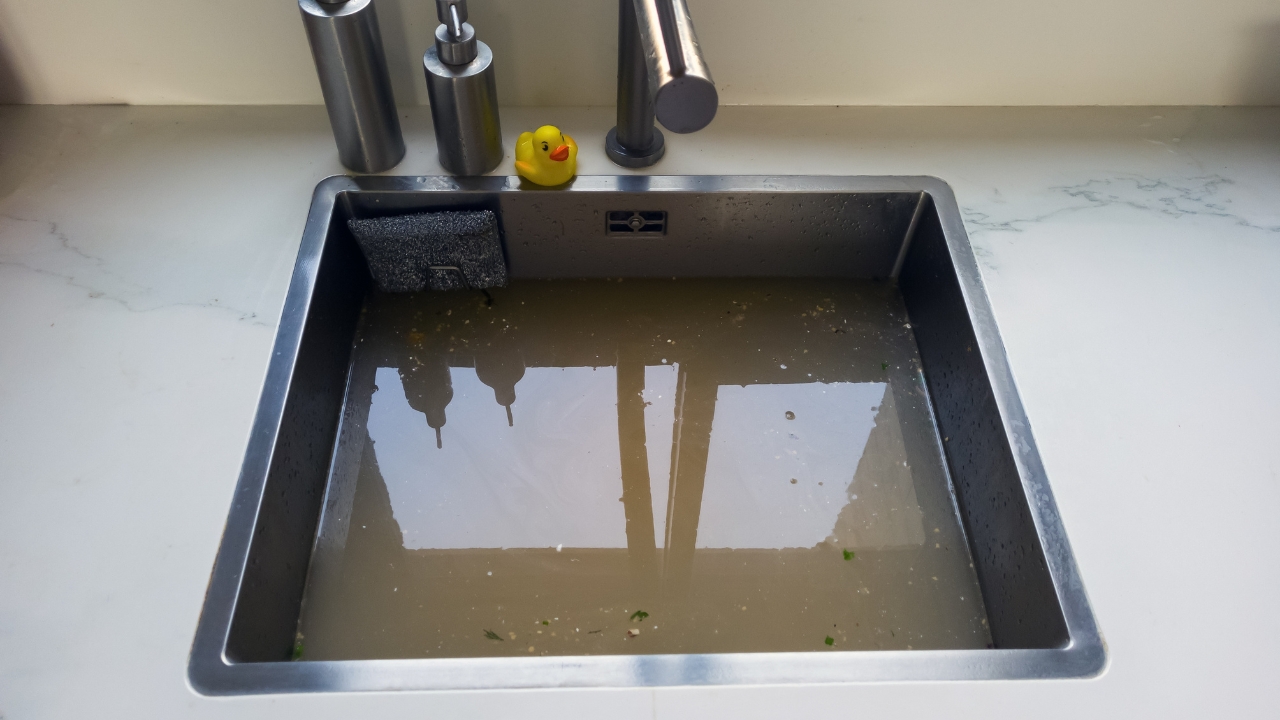
Sink and shower drains can build up with hair, soap scum, and bacteria that lead to musty or sour smells, especially if they don’t get used often. That stagnant water and gunk creates the perfect environment for odors to grow.
Flushing your drains with baking soda and vinegar, or using an enzyme-based cleaner, can help keep them from stinking up the room. And if one still smells off after cleaning, it might be time to snake it.
*This article was developed with AI-powered tools and has been carefully reviewed by our editors.

